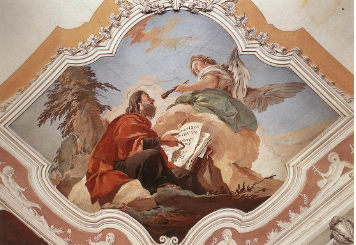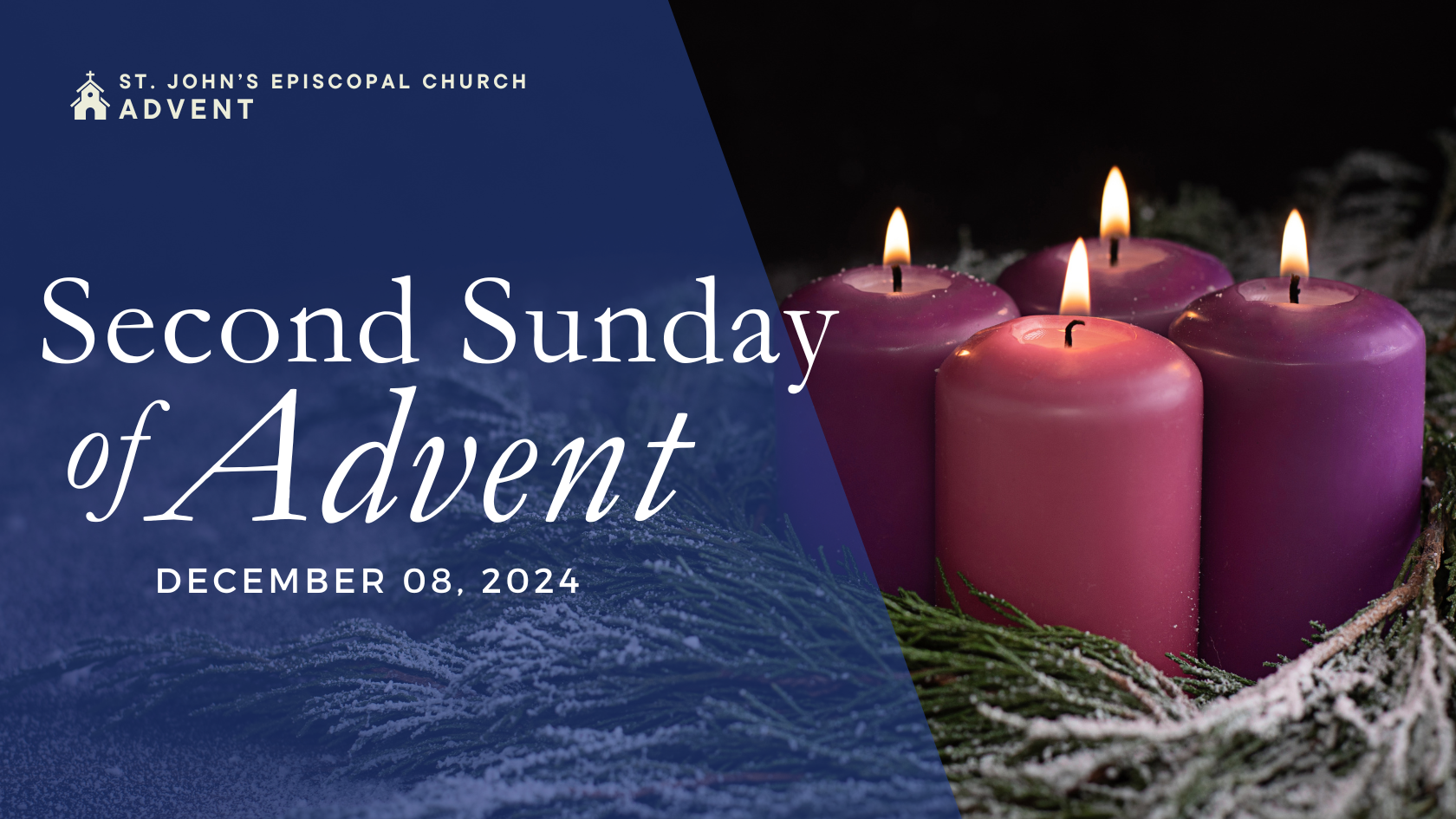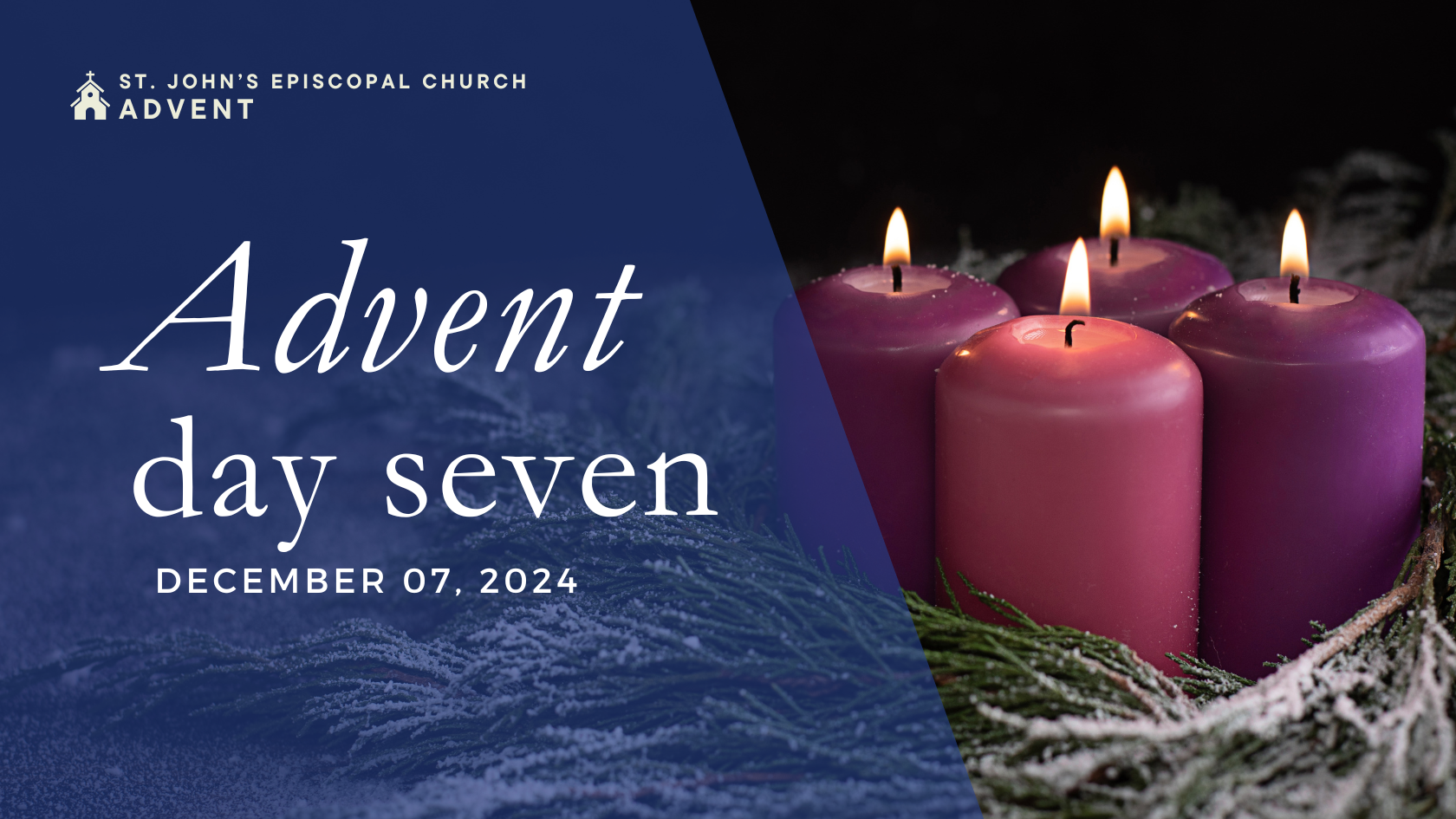Wednesday, December 11, 2024
Then I heard the voice of the Lord saying, “Whom shall I send, and who will go for us?”
And I said, “Here am I; send me!”
Isaiah 6:8
I began full time seminary study at the ripe young age of fifty-five when most people have begun to set their sights on retirement.
I had actually begun taking courses part-time about three years earlier, motivated by several pastor friends who knew of my theological curiosity.
I have told the story many times of how my parish pastor in East Cleveland, Ohio, was relentless in his insistence that I had the gifts for ministry, and how I repeatedly brushed it off by saying that I could serve God just as effectively as a lay person.
When I reflect on my reluctance to pursue a vocation in ministry, I admit that I had many doubts – even fears – about entering into the unknown. I had spent quite a bit of time around pastors. I was marginally aware of the numerous demands and challenges of the office. It was enough to make me put the idea out of my mind.
But chiefly I was more concerned that I had more than a few character flaws which, in my mind at least, made me less than qualified to lead God’s people. I didn’t want to be perceived as a fraud.

Nevertheless, despite all my anxieties and trepidations, God prevailed, as God usually does.
In many ways, my apprehension was quite similar to Isaiah’s: “I am a man of unclean lips, and I live among a people of unclean lips.” (Isaiah 6:5)
God, however, rejected Isaiah’s excuse and sent him to prophesy to God’s people.
Not all of us are called to become ordained clergy, but by virtue of our baptism, all of us have been called by God to specific ministry tasks.
As the church, the body of Christ, we are called to be a radical community here on earth. We are called and empowered to work on behalf of the hungry, the homeless, the poor, and oppressed.
The world needs to hear the message of salvation that God brings through us; to hear the word we have about our unity in the family of God, and about how God loves us and wants to help us be whole.
It needs the hope we offer, the food we share, the relationship with God into which we have entered.
We don’t all have to be Isaiah. There are many ways that we can care for others, and there are so many that need our care.
So ask yourself, what is God calling you to do as God’s people in your place of worship? In your neighborhood? In your community?
Perhaps God may be calling you to serve on the altar guild, as a lector, or chalice bearer. It could be to serve in one of the feeding ministries, or to donate food to a local hunger center. Some support the local schools by tutoring, or reading to children. The opportunities are only limited by the limits of one’s imagination.
Let us pray.
Everliving God, whose will it is that all should come to you through your Son Jesus Christ: Inspire our witness to him, that all may know the power of his forgiveness and the hope of his resurrection; who lives and reigns with you and the Holy Spirit, one God, now and for ever. Amen.
(Book of Common Prayer, p. 816)
+ + +
Artwork: The Prophet Isaiah, (between 1726 and 1729) Giovanni Battista Tiepolo (1696–1770) The Web Gallery of Art (WGA)











